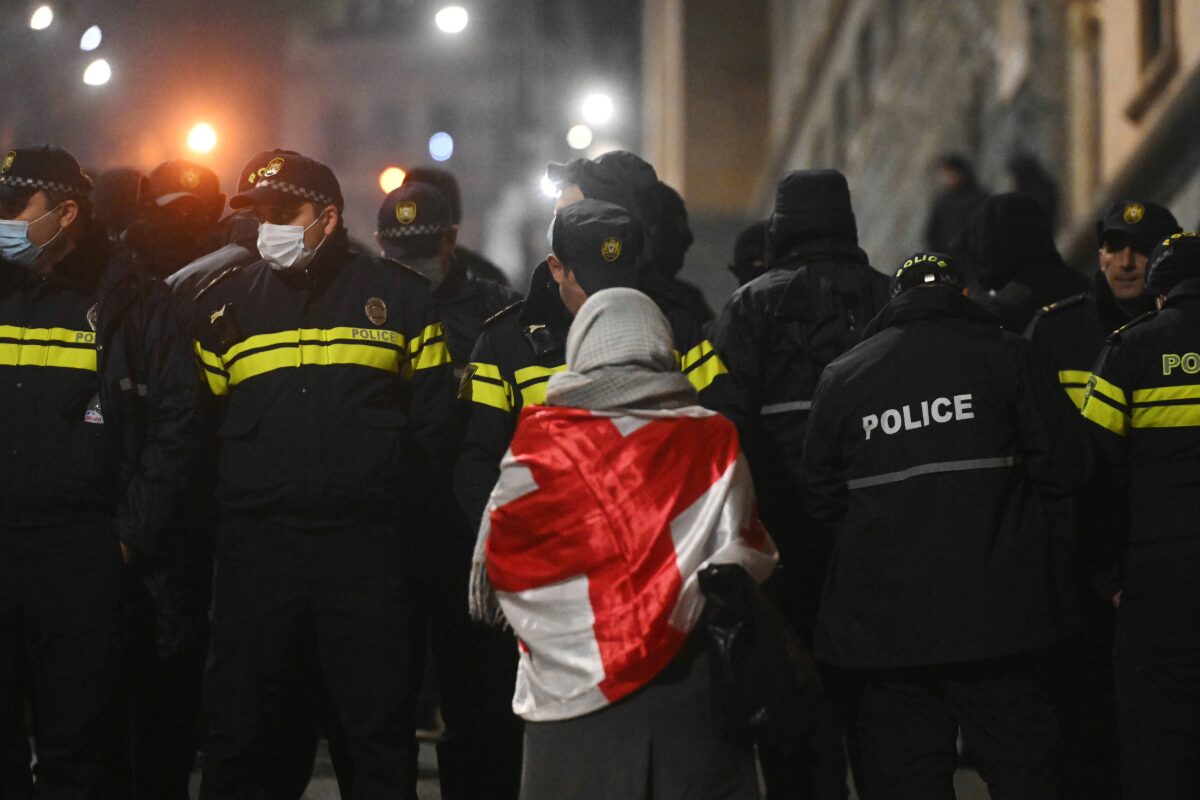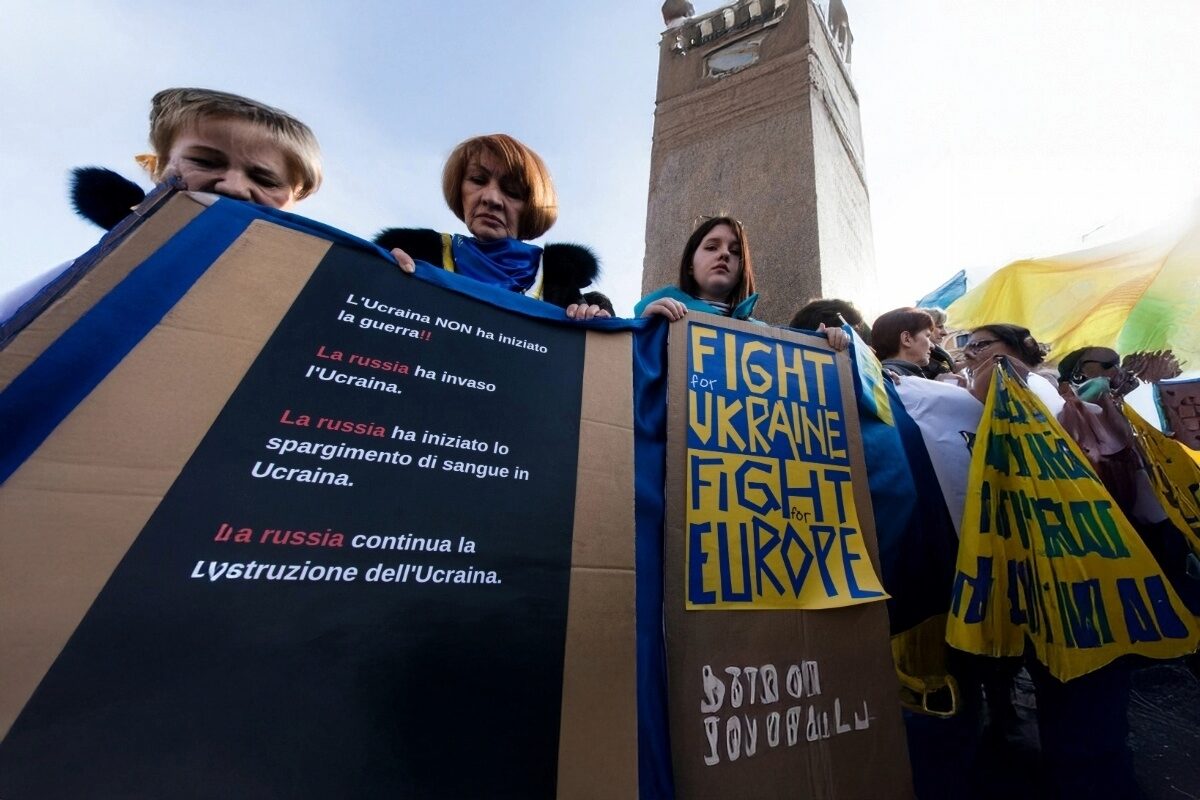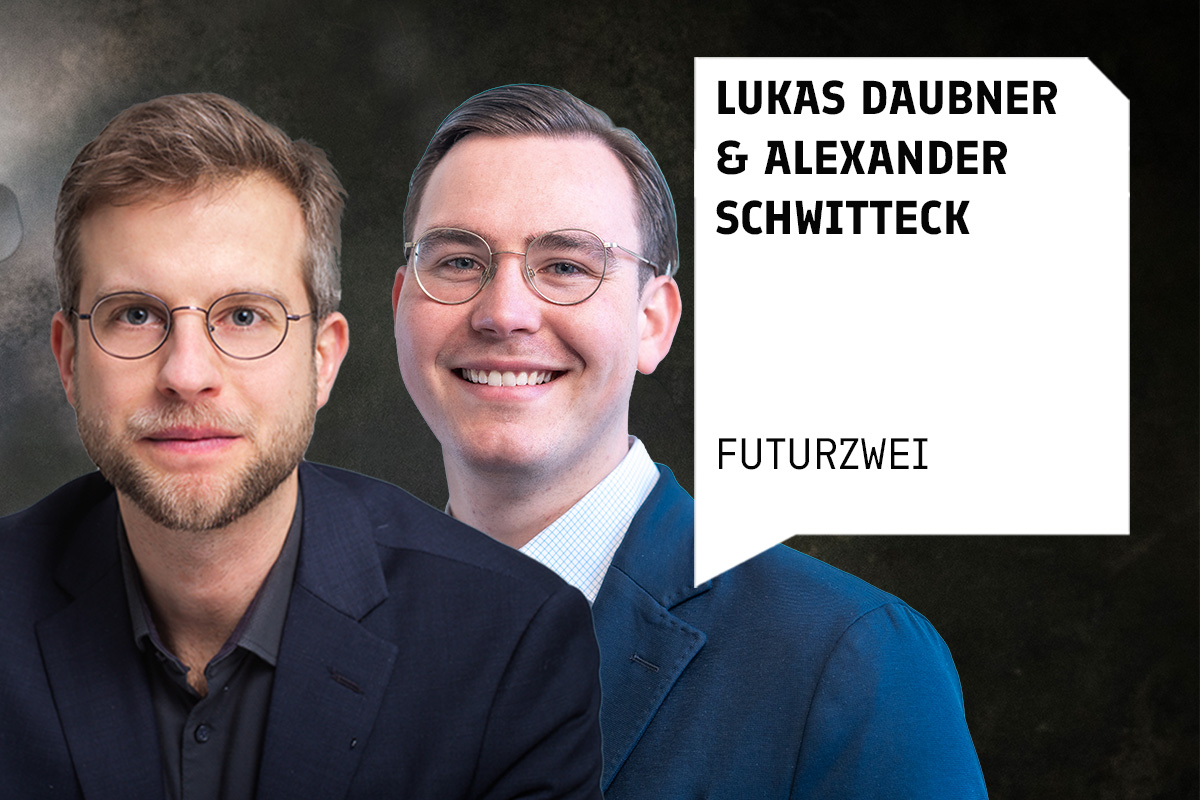Why Putin got so Delusional

By waging a war against Ukraine, Putin has badly miscalculated. The Russian leader has become victim of his own propagandistic visions and failed to anticipate the Western response, writes Vladislav Inozemtsev.
Three weeks into Russia’s war against Ukraine it seems obvious that Putin badly miscalculated. The Ukrainian people stand united against the enemy, the Russian advance remains slow, and there is no idea what the Kremlin plans to do after a capture of Kyiv. With unprecedented Western sanctions and international companies exiting in droves, the damage to both Russia’s economy and its international standing appears enormous.
Prior to the war, most experts, including myself, argued that President Vladimir Putin will not attack Ukraine because of either lack of strategic forces needed to occupy the entire country or fear of military defeat that might ruin his support at home. The start of the Russian offensive made many people to believe that Putin has become delusional and lost his sense of reality. Former German Chancellor Angela Merkel already claimed in 2014 that the Russian leader was living “in another world”. So now we need to figure out how and why this happened.
I would focus on three major factors that contributed to this.
First, it seems that Putin has always been a Russian imperialist who was shocked by the downfall of the Soviet Union, or, as he uses to call it, a version of the ‘historical Russia’, and believes that Ukraine was a crucial actor in the Empire’s dismemberment. This is at least partially true: Ukraine was the largest Soviet republic that declined to sign a new Union treaty in summer of 1991; it never ratified even a more loose Commonwealth of Independent States charter; it rejected the Russia-picked candidate in 2004/05 presidential marathon; it opted out of any Customs or Eurasian Union with Russia, and finally it revolted against the Moscow-imposed cancellation of the EU Association Agreement in 2014. Putin tried hard to get Ukraine on his side and was humiliated by the Orange Revolution and later by the Revolution of Dignity; he failed to split the nation in 2014 and promote his beloved Minsk Agreements since 2015. He became crazy in his efforts to prove Ukrainians and Russians are either the same people or being culturally and historically inseparable, and, since he understood that time was running out for him, he took the risk of invasion becoming captivated by his own – albeit primitive and misleading – arguments. Having created a world of propagandistic images and visions, he became his own victim. He sincerely believed Russia should – and can – compensate for all humiliations of the post-Soviet era and became an addict to this concept willing to take revenge at almost any price.
Putin thought the West would react like in previous times
Secondly, President Putin made a huge mistake in assessing the West’s response to the Russian invasion. Here I would say he was not so much delusional since for years the Western nations have been quite indifferent to his adventures. After the incursion into Georgia that resulted in recognizing both Abkhazia and South Ossetia as ‘independent’ states, almost no sanctions were imposed on Russia. After the annexation of Crimea, the full-scale regional war in Donbas and the downing of Malaysia Airlines Flight MH-17, the sanctions inflicted were mostly symbolical – if someone asks Russians in the streets whether they feel their effects, she or he will get a response that only the food embargo is visible, but this was a Russian, and not a Western, move.
Taking into account that the war in Donbas claimed more than 14,000 lives but resulted in no crucial hits at the Russian economy, Putin had a proper basis for thinking that a new advance into Ukraine will not result in meaningful sanctions (the disconnection of some Russian banks from SWIFT and the termination of Nord Stream 2 that were widely mentioned, caused no concern). Maybe, if the West voted for all the sanctions now in place well before the conflict started, Putin would not have had a strong motivation to move forward. Thus, here not only he miscalculated, but all his aides and experts, none of whom predicted the closure of the European airspace, the arrest of the Central Bank’s reserves or the US oil embargo.
Putin’s power vertical is dysfunctional
The third element appears to be the least dependent on President Putin’s mindset but of course was created by his multiyear presence at the top of the Russian politics. During these years he masterminded an extremely loyal but not very effective ‘power vertical’ filled with non-professional managers being preoccupied with either self-enrichment or career making which both required a full and unconditional subjugation to their boss’s will. Very illuminating in this respect is the story of the 5th Service inside the Federal Security Service that is called the Service of current information and international connections and is responsible for monitoring the situation abroad with special attention to the post-Soviet space. On 11 March, two investigative journalists reported that the service’s chief and his deputy were placed under house arrest — supposedly because Putin was furious about the difference between the information about Ukraine’s military capabilities they provided and those that appeared at the battlefields (I would add that rumors about Ukrainians expected to greet the Russian ‘liberators’ were also a bit exaggerated).
The same can be said about the Russian military that was thought to be a modern and well-equipped force but drove into Ukraine on Soviet-build trucks with no idea about their destination and purpose. All this was easy to predict because Putin has been extremely dependent of what his aides and colleagues present him as a credible information – so here his delusion was not ‘internal’, or ‘natural’, but may rather be attributed to the dysfunctional character of the entire system he had created.
The war in Ukraine, by the way, is an enormous, albeit rare, proof of Putin’s conflict with reality. In other spheres he looks much more successful (or lucky) than in this one. He almost doesn’t care about his country’s economy – but all the current crises have been met quite efficiently. Thus, the quality of life achieved by 2013 has been by and large sustained until today. He uses the most straightforward ways to crush the political opposition, and it looks he chose the right way for not establishing dialogue with his opponents since the overall number of those ready to confront him is tiny.
In many other moves he also chose the right ways and coherent responses – but the “Ukrainian question” made him crazy, and, with a high degree of certainty will bring his reign to an end.
Vladislav Inozemtsev is Special Advisor to the Middle East Media Research Institute’s Russian Media Studies Project and Founder and Director of the Moscow-based Center for Post-Industrial Studies.
![]()
Did you like thike this article? If yes, you can support the independent editorial work and journalism of LibMod via a simple donation tool.
Donate via PayPal
We are recognized as a non-profit organization, accordingly donations are tax deductible. For a donation receipt (necessary for an amount over 200 EUR), please send your address data to finanzen@libmod.de
Related topics
Newsletter bestellen
Stay tuned with our regular newsletter about all our relevant subjects.





